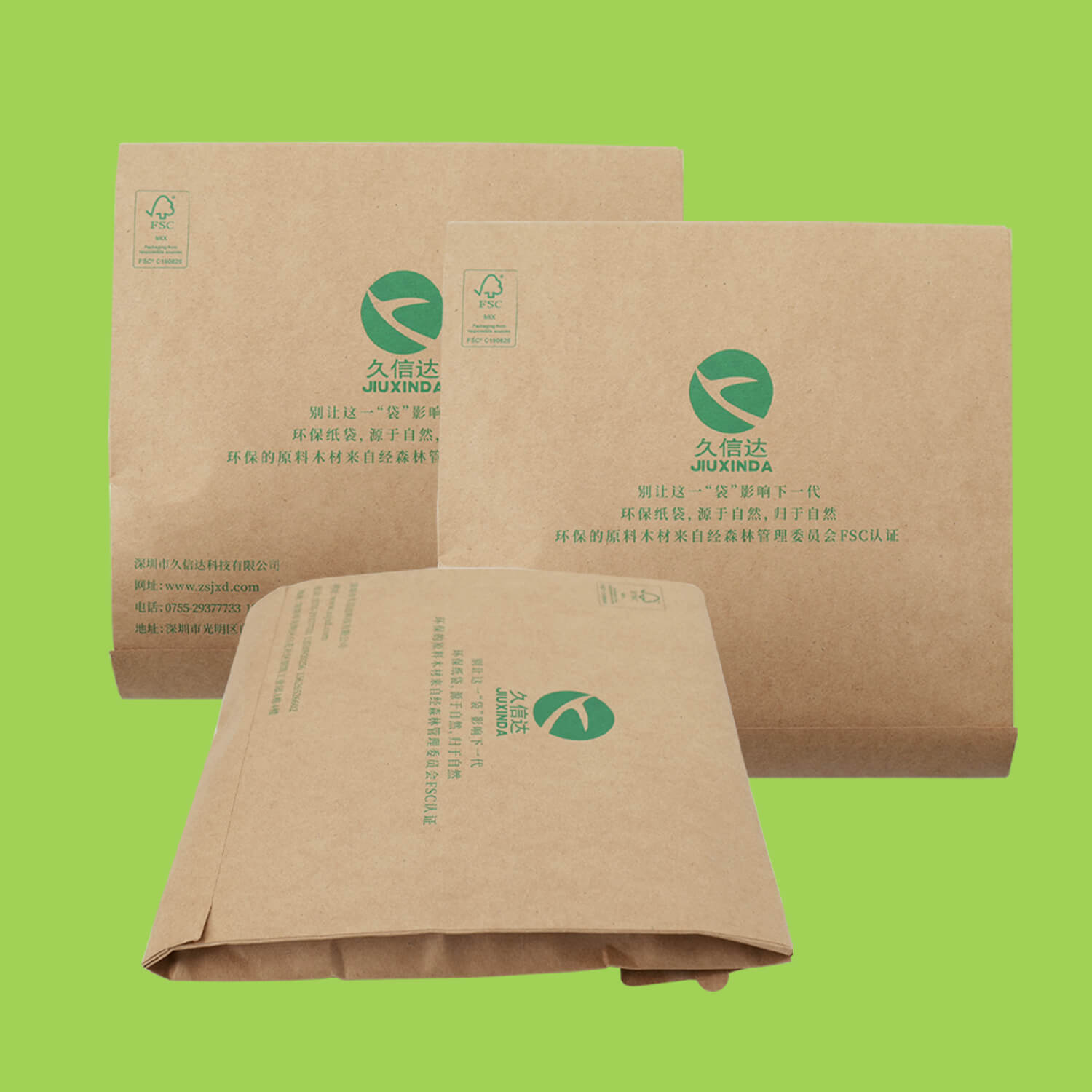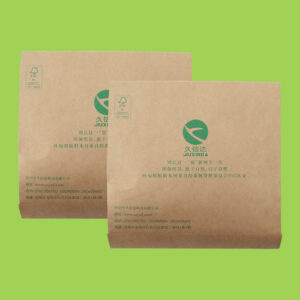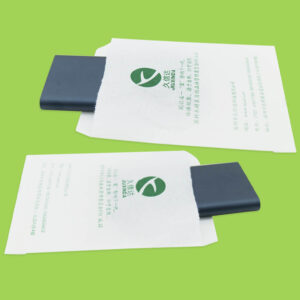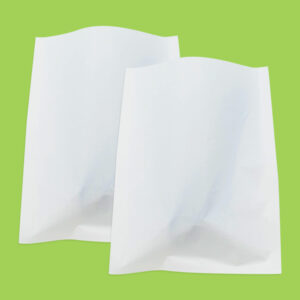Contents
What is FSC environmental certification?
FSC environmental certification, full name Forest Stewardship Council certification, is an internationally recognized forest management certification system. It aims to promote sustainable, environmentally friendly and socially responsible management and utilization of forest resources worldwide.
The core goal of FSC environmental certification is to ensure that the source of wood and wood products is legal and sustainable, thereby reducing the destruction of forests and the loss of biodiversity. Through FSC certification, consumers can be assured that the products come from well-managed forests, which are managed in accordance with strict environmental, social and economic standards. Products that have obtained FSC certification have undergone strict audits and supervision throughout the supply chain, from the collection of raw materials to the production of final products. This includes the reasonable felling of forests, the demarcation of ecological protection areas, the respect for the rights and interests of local communities, and the working conditions of workers.
FSC environmental certification is of great significance to the wood industry, papermaking industry, and various manufacturing industries that use wood as raw materials. It not only helps to protect forest resources, but also enhances the social responsibility image of enterprises and meets the market demand for environmentally friendly products. FSC certification also encourages and supports forest managers to adopt more environmentally friendly and sustainable management methods, such as increasing the resistance of forests by planting a variety of tree species, and using methods to reduce the use of chemicals to control pests and diseases. FSC environmental certification is a comprehensive and systematic certification mechanism that has made positive contributions to environmental protection, ecological balance and social well-being by ensuring the sustainable use of forest resources.
FSC packaging bag types
FSC-certified packaging bag types cover a variety of uses and materials, mainly including:
- FSC paper bags: usually made of recycled paper or FSC-certified paper, used for shopping, gift packaging, etc.
- FSC shopping bags: reusable shopping bags designed to reduce dependence on disposable plastic bags.
- FSC garbage bags: garbage bags for household or commercial use, made of FSC-certified materials, and recycling is encouraged.
- FSC food packaging bags: bags used to package food, such as snacks, baked goods, etc., to ensure food safety and environmental protection.
- FSC candy packaging bags: bags used to package sweets such as candy and chocolate, focusing on the food safety level of materials.
- FSC tea packaging bags: specially used for packaging tea leaves, usually with the characteristics of protecting the aroma and freshness of tea leaves.
- FSC coffee packaging bags: bags used to package coffee beans or coffee powder, which may contain anti-oxidation and freshness designs.
- FSC fast food packaging bags: packaging of fast food such as hamburgers and fried chicken, focusing on hygiene and convenience.
- FSC medical waste bags: disposable packaging bags used in hospitals or medical facilities for safe disposal of medical waste.
- FSC industrial use packaging bags: used for industrial product packaging, such as parts, tools, etc., may have moisture-proof and anti-corrosion properties.
These FSC certified packaging bags not only meet the requirements of environmental protection and sustainability, but also provide specific functions and advantages according to different usage scenarios.
What are the FSC packaging bag materials?
FSC certified packaging bag materials are usually derived from sustainably managed and certified forests, ensuring environmental protection and eco-friendly characteristics. The following are some common FSC packaging bag materials:
- Paper materials: Use FSC certified paper, which may include unbleached kraft paper, recycled paper or other types of paper, suitable for making various types of packaging bags.
- Cardboard material: FSC-certified cardboard is used to make stronger packaging, such as gift boxes or heavy-duty shopping bags.
- Biodegradable plastic: Some FSC packaging bags may use biodegradable plastic, which can naturally decompose under certain conditions and reduce environmental impact.
- Recycled plastic: Packaging bags made from post-consumer recycled plastic help reduce waste and recycle resources.
- Fabric material: Such natural fiber materials as cotton or linen can be made into reusable packaging bags, such as eco-friendly shopping bags.
- Cellulose film: A film made of cellulose that has the waterproof properties of plastic and is biodegradable.
- Starch-based material: Using starch-based bioplastics, this type of material can biodegrade under certain conditions.
- Bamboo fiber: Bamboo fiber is a renewable resource with high strength and durability, suitable for making eco-friendly packaging bags.
- Sugarcane fiber: Packaging material made from sugarcane waste, this material is biodegradable and environmentally friendly.
- Wood fiber: Derived from the by-product of wood processing, it can be used to make packaging materials and is sustainable.
FSC certification ensures that the sources of these materials are legal and sustainable, supports the rational use of forests and protects biodiversity. Packaging bags made from these materials not only reduce the impact on the environment, but also meet the market’s demand for environmentally friendly products.
What are the FSC claims?
The FSC (Forest Stewardship Council) claim is a way to communicate to consumers and the market that product packaging or raw materials come from certified sustainably managed forests. Here are some common types of FSC claims:
- FSC 100%: Indicates that the product is made entirely of FSC-certified materials, all of which come from certified forests.
- FSC Mix or FSC Mixed Materials: Indicates that the product contains raw materials from FSC-certified forests, but not all raw materials are FSC-certified.
- FSC Recycled: Indicates that the product uses recycled materials, which are FSC-certified to ensure its sustainability.
- FSC Recycled Material: Similar to FSC Recycled, it emphasizes that the recycled materials contained in the product are FSC-certified.
- FSC Credit Statement or FSC Credit: This statement can be used when a product contains a certain percentage of FSC certified materials to indicate the use of FSC materials in the product.
- FSC Paper Statement: Specially used for paper products, indicating that the paper comes from FSC certified forests.
- FSC Paper and Board Material Statement: Applicable to products that contain both paper and board materials, all of which come from FSC certified forests.
- FSC Printing Material Statement: Used for printed products, indicating that materials such as inks and coatings used in the printing process meet FSC standards.
- FSC Non-Wood Statement: Indicates that non-wood components in the product, such as inks, glues, etc., also meet FSC environmental and social standards.
- FSC Process Verification: Used for products that use FSC certified materials in the production process, but the final product may not be entirely FSC materials.
- FSC Controlled Wood Statement: Indicates that the wood used in the product comes from FSC certified controlled wood sources, which is usually applicable to products that need to prove the legality of the wood source.
These claims help consumers identify products that support sustainable forest management, while also providing companies with an opportunity to demonstrate their environmental commitment. When using FSC claims, you need to make sure you follow FSC rules and standards to ensure the accuracy and legality of the claims.





